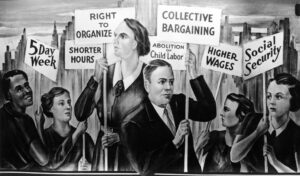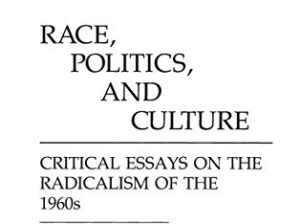
The Earth’s Intentions: Richard Powers’s The Overstory and the Limits of Anti-Anthropocentrism
Critics have celebrated Richard Powers’s Pulitzer Prize-winning novel, The Overstory (2018), for the way that it distills key ecocritical ideas that gained traction in the humanities in the 2010s. Echoing New Materialists’ insistence that we set aside subject-centered ontologies that reduce non-humans to an instrumental status, the novel endows trees with agency, even granting them the ability to speak in a language that human beings might learn to understand. This essay pushes back against this desire for deep ecology, arguing that it short-circuits the novel’s critique of global capitalism. Drawing on a Transcendentalist model of language, Powers’s novel imagines trees using natural signs that collapse signs and referents, allowing them to directly change the chemistry of human brains. This fantasy of mind control distracts from the novel’s investment in communicative action, marked by recurring scenes of reading and persuasion.









